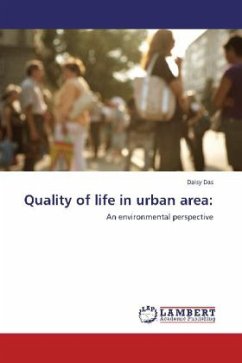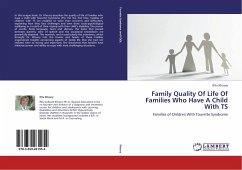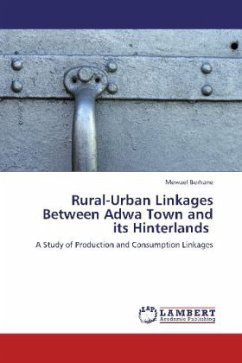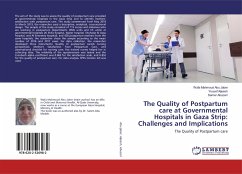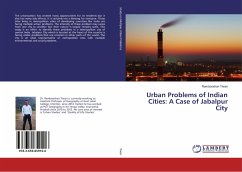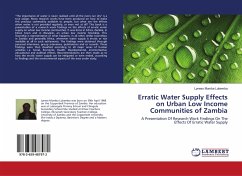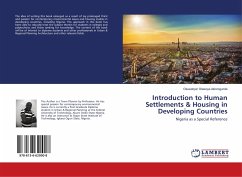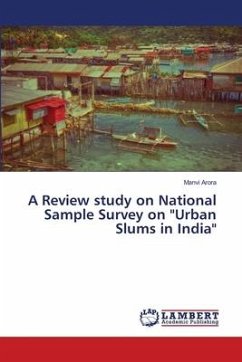During the last couple of decades the world has developed technologically, economically and industrially. In spite of remarkable progress, it has been realized that increases in material wealth do not simply improve life quality. But urbanization in developing countries is unplanned. Rather, it is an outcome of sheer demographic expansion and increased pressure on land. As a result there is pressure on existing infrastructural facilities as well as other problems like traffic congestion, solid wastes, pollution and stress on natural resources. There is deterioration in living environment which undermines quality of life (QOL). This book is an attempt to assess QOL in an urban environment. Considering all issues found in relevant QOL studies, a framework has been constructed which places QOL as the central focus and takes into account interaction between men and environment. The book may help researchers in social sciences to understand QOL. The study assumes significance in the context of those cities which are growing in unplanned manner especially in developing countries from the point of view of policy making process.
Bitte wählen Sie Ihr Anliegen aus.
Rechnungen
Retourenschein anfordern
Bestellstatus
Storno

